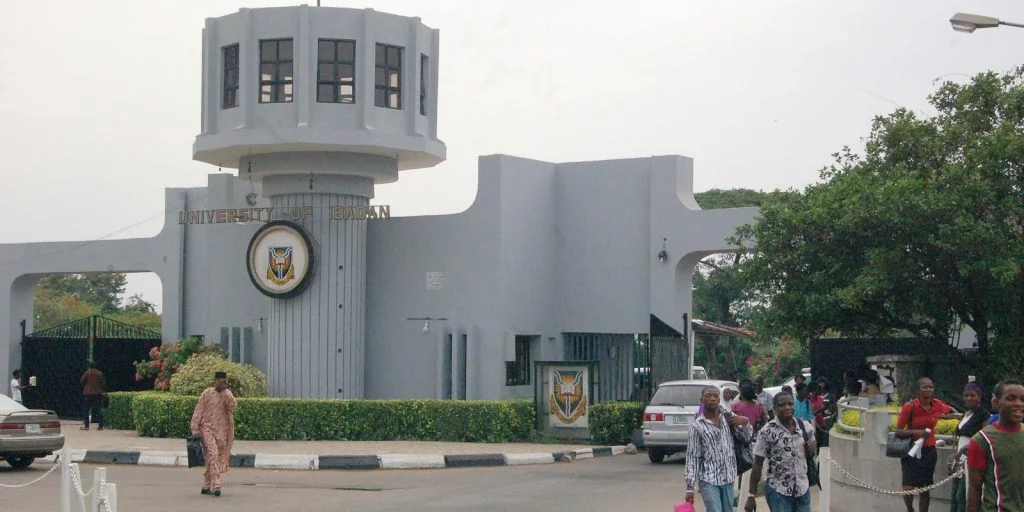UNICEF and SUBEB launch the Train-the-Trainers project in Jigawa


DUTSE – The train-the-trainers initiative for School Based Management Committees (SBMCs) and Community-Based Management Committees (CBMCs) has formally started, thanks to the collaboration of UNICEF and Jigawa State Universal Basic Education Board (SUBEB).
At the launch, Hajiya Umma Abdulkadir, the UNICEF Focal Point Officer at SUBEB in Dutse, stated that 2,820 teachers from 470 schools were among the participants in the training, in addition to the CBMC members.
The project was initiated by the EU as an intervention toward tackling out-of-school children-related issues in Nigeria.
According to Abdulkadir, the project’s goal was to advance service delivery in the educational setting by including community people and teachers at the primary and secondary school levels. It was funded by the EU through UNICEF.
According to her, their goals were to lessen the threat posed by the “out-of-school syndrome,” enhance the educational process, and encourage students’ aspirations to perform better academically.
“We expect the standard of education in the state to improve significantly, if the programme is implemented to its logical conclusion in the state as planned,” she said.
She said the project is presented as an EU intervention grant for the states of Jigawa, Kano, and Sokoto in the North West.
However, Abdulkadir stated that the pilot initiative was initially restricted to 10 of Jigawa’s 27 Local Government Areas.
“These SBMCs are based in schools, either primary, junior or senior secondary schools. Also, the CBMCs are drawn from community schools, such as Islamiya School or Tsangaya School that has learners,” Abdulkadir said.
She added that the state’s education authorities would be able to cover every school 100% with the involvement of CBMCs and SBMCs, allowing them to mentor and oversee student activities for increased academic performance.
According to her, the Tsangaya are not official schools, thus they needed to be watched over and managed, which is why having CBMCs involved for every centre became essential.
“The UNICEF wanted to be on board so that the community will be encouraged to do what is expected of them.
“Their (community) wider coverage about their role and responsibilities, which include the issue of attendance, retention and completion because we want a child or a learner in Jigawa that is receiving a kind of programme (educational) to have a starting and finishing point.
“That is the issue of enrollment, attendance and retention, that is staying in the programme (educational system) until completion.
“If it is Tsangaya, we want a child to stay until he completes the Qur’anic learning.
“If it is Islamiya, we want him to complete from primary one to five, proceeding to junior secondary school and so on,” the UNICEF officer said.
In addition, Abdulkadir mentioned that the Manpower Development Institute was running a similar initiative dubbed the “Learners Unit Record Information and Tracking System” in addition to the SBMCs and CBMCs.
“This particular programme is designed to track learners’ performance, attendance, retention and completion through attendance register,” she said.
She went on to say that the tracking system would enable the state’s education officials to efficiently address issues pertaining to out-of-school children and raise the standard of education in the state.
“Our target is that after the five days training, the 470 participants are to go back to their respective areas to train 2,820 others on the techniques and strategies, using the newly Revised National Operational Manual as well as the Guidelines for Mentoring and Monitoring Systems.
“This is the wish and target plans by EU and UNICEF,” Abdulkadir said.










